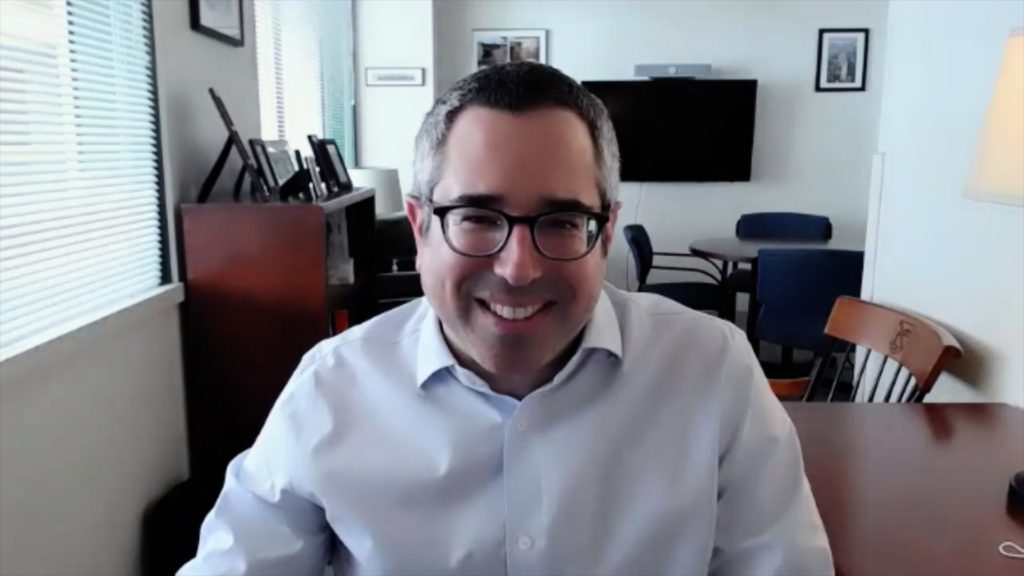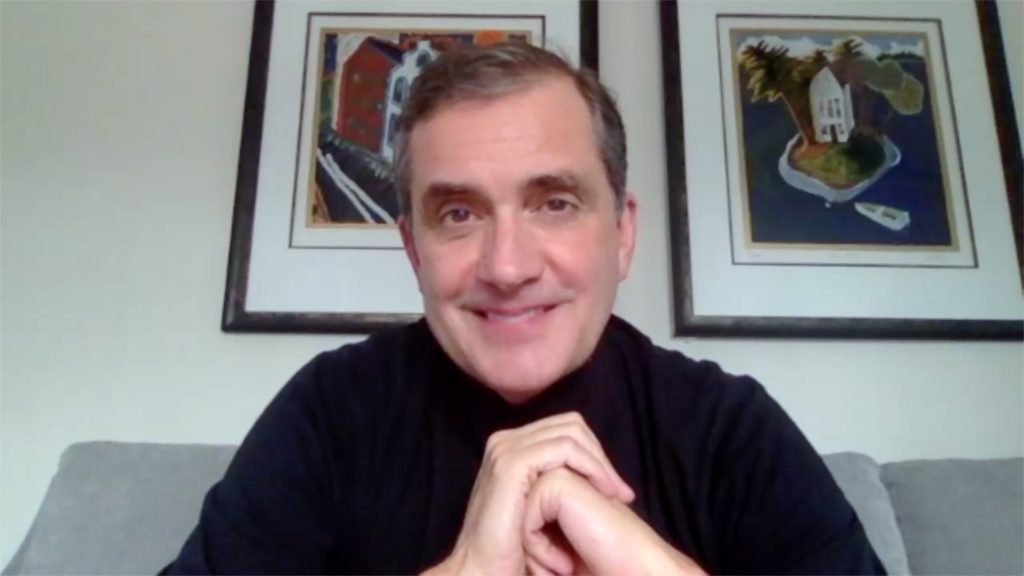COVID-19
An Introduction to COVID-19
On 11 March 2020, the World Health Organization declared COVID-19 a global pandemic. The impact on the medical community has been huge, not only on the front line of medical care but also for those navigating patient treatment during this unprecedented situation.
The touchIMMUNOLOGY expert faculty have been sharing their experiences and advice during this challenging time through video interviews and short articles.

Physician burnout is at a critical point. In this episode, Nicky speaks with Dr Alfred Atanda about why so many physicians are burning out and what can be done to change the trend. From personal experience to system-wide solutions, Dr Atanda shares valuable insights on improving physician well-being and building a more effective healthcare culture.
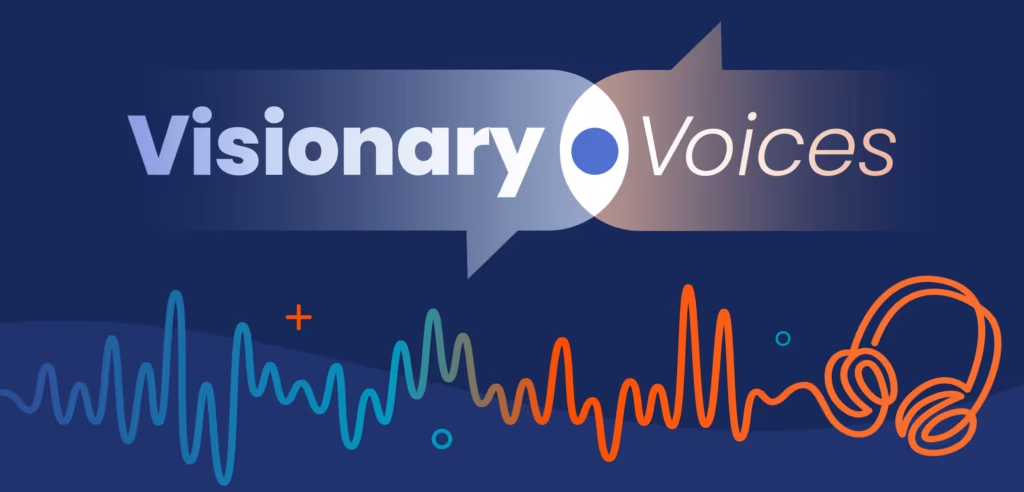
In this episode, we explore the future of continuing medical education (CME) with the team behind touchIME. Hannah Fisher and Matthew Goodwin share insights into global and US trends, the importance of patient inclusivity and how educational outcomes are evolving to better measure the direct impact of learning on clinical practice and patient care.
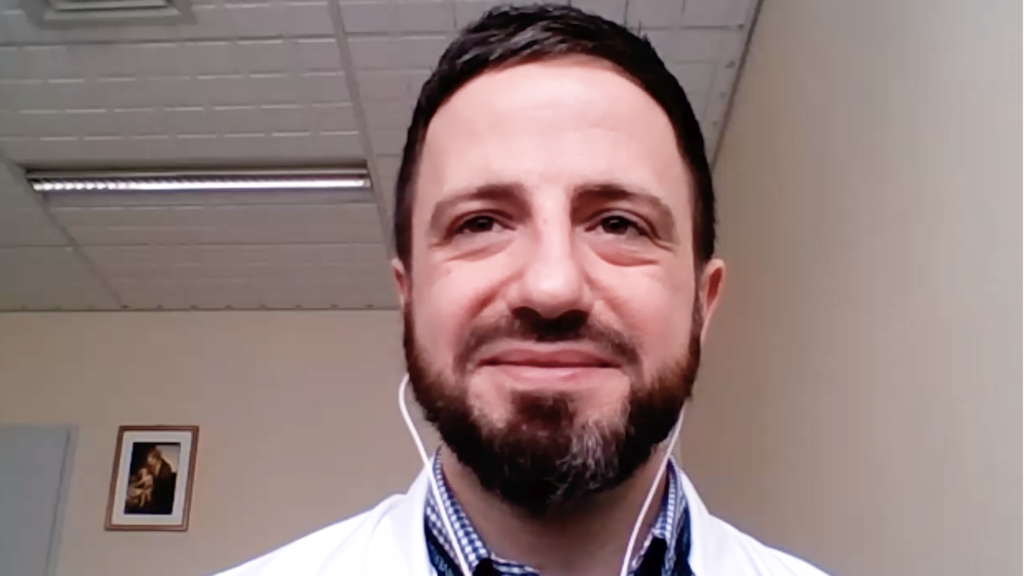
A joint analysis of patients receiving immune checkpoint inhibitor therapy was conducted using the OnCovid (NCT04393974) and ESMO CoCARE registries, this assessed SARS-CoV-2 outcomes in vaccinated and unvaccinated patients with cancer and whether prior immune-related adverse events affected these outcomes. ...

While the efficacy of the severe acute respiratory syndrome coronavirus 2 (SARS-CoV-2) vaccine in preventing serious disease is well documented, studies are now emerging in immunosuppressed individuals. Among these are studies on the vaccination response in individuals with autoimmune inflammatory rheumatic ...
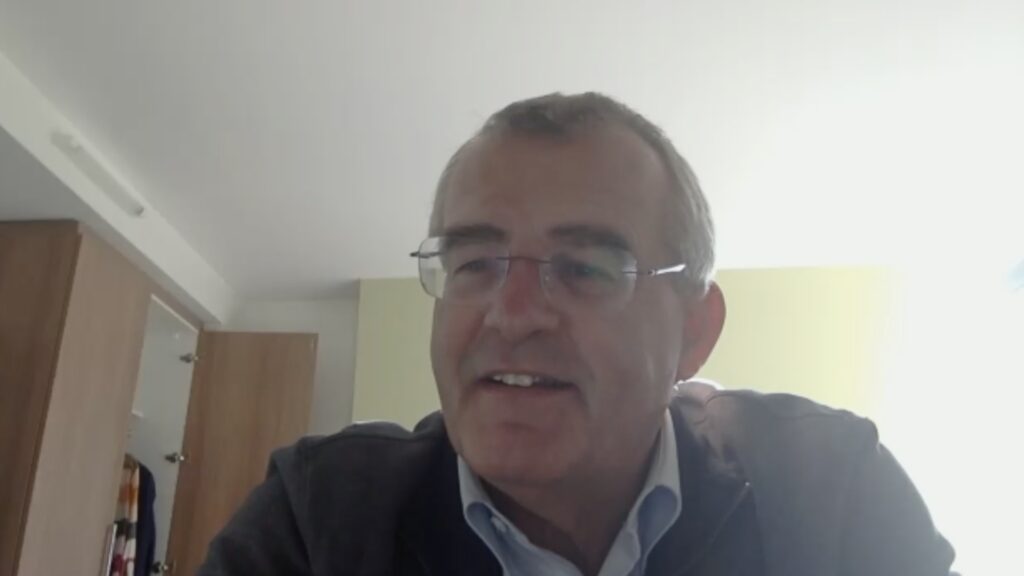
The EULAR Coronavirus Vaccine (COVAX) physician-reported registry registered patients with pre-existing rheumatic and musculoskeletal diseases, who have been vaccinated against COVID-19. touchIMMUNOLOGY were delighted to speak with Prof Patrick Durez (Cliniques Universitaires Saint-Luc – Université Catholique de Louvain (UCL), Brussels, Belgium) ...
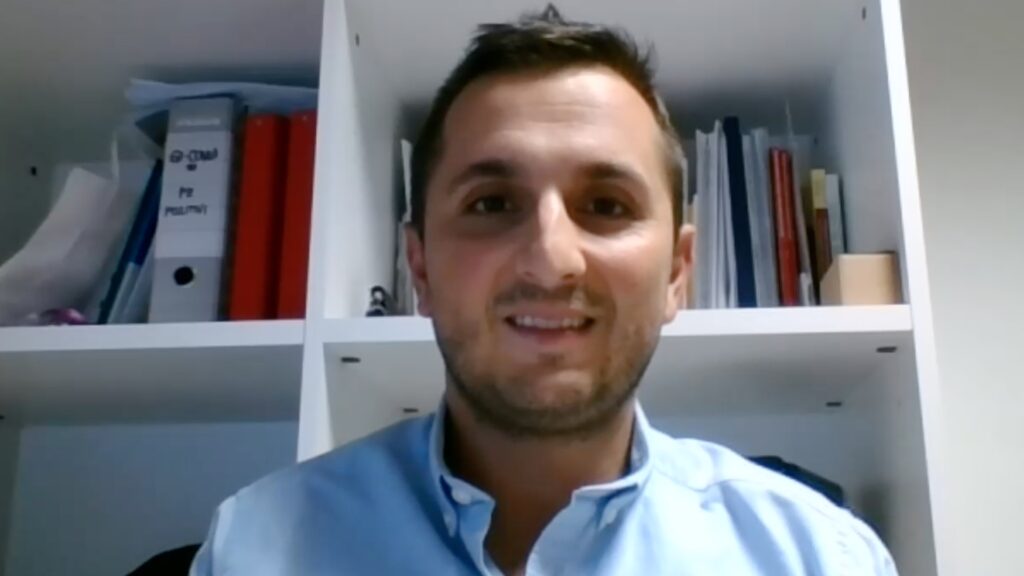
The GI-COVID-19 study (ClinicalTrials.gov NCT04691895) was a prospective, multicenter, controlled study investigating the prevalence of gastrointestinal (GI) symptoms in hospitalized patients with COVID-19. We were delighted to talk with Dr. Giovanni Marasco (Sant'Orsola-Malpighi Hospital, University of Bologna, Bologna, Italy) ...
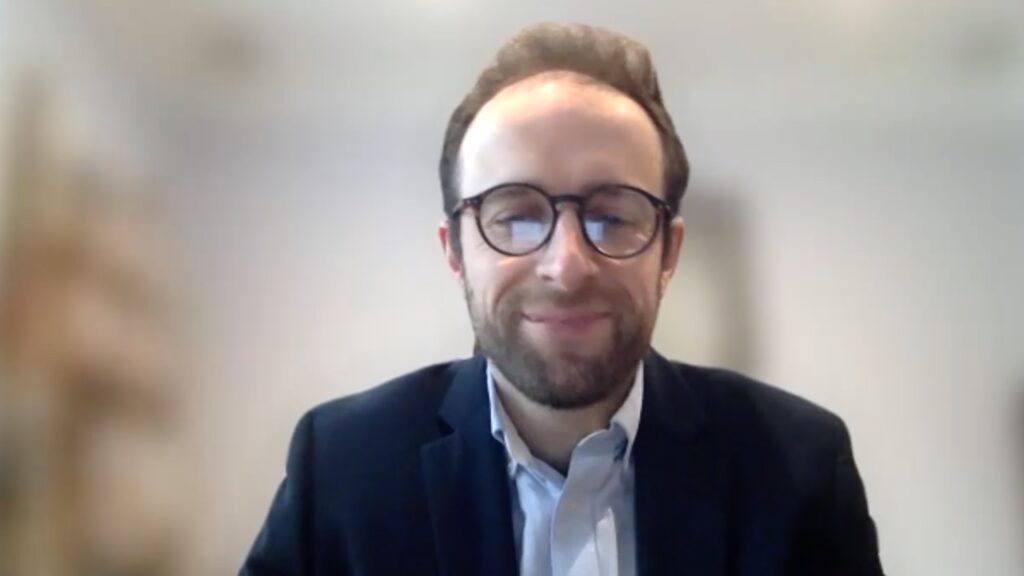
The VIP study was a multicentre, prospective, case-control study, investigating whether immunosuppressive treatments reduced antibody and T-cell responses in patients with inflammatory bowel disease (IBD) after a third COVID-19 vaccine dose. In this touchIMMUNOLOGY interview, we speak with Dr. James ...
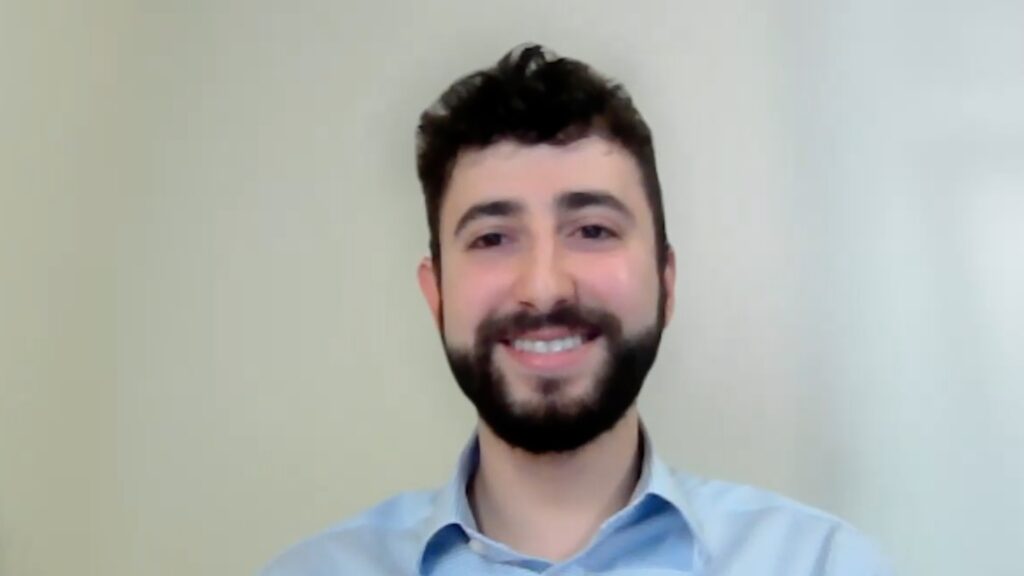
In some countries, patients considered vulnerable have received 3rd/4th COVID-19 vaccine doses (V3/V4). This study, presented by Stavros Dimitriadis (University of Oxford, Oxford, UK), explores the immune response to V4 in a mixed disease cohort of immunosuppressed patients ...
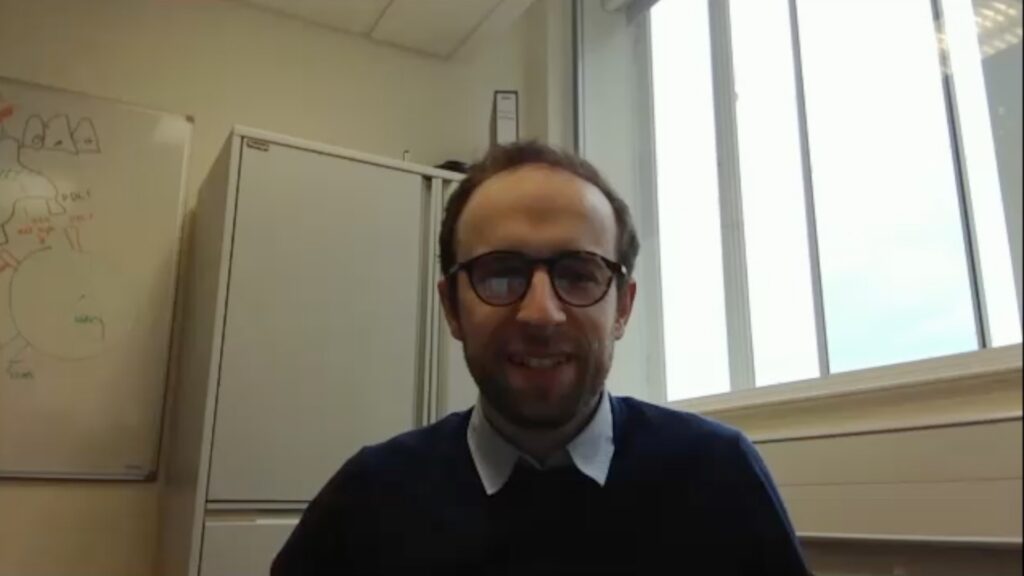
We caught up with Dr James Alexander (Imperial College London, London, UK) to discuss the impact of immunosuppressant drugs on COVID-19 vaccine responses in patients with IBD. The abstract ‘COVID-19 vaccine-induced antibody responses are impaired in Inflammatory Bowel Disease patients ...
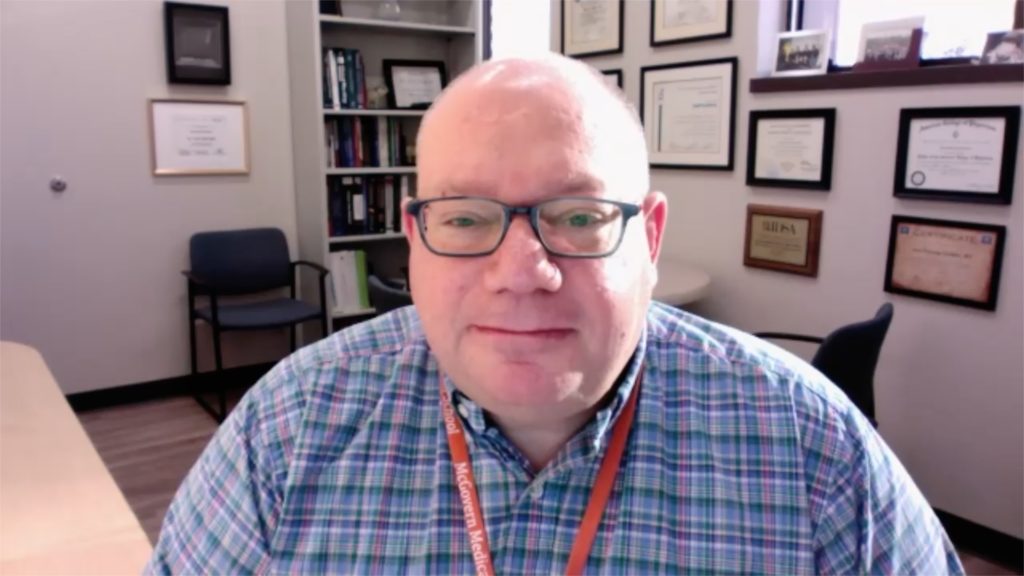
TouchIMMUNOLOGY were delighted to talk with Professor Luis Ostrosky (Infectious diseases, UTHealth, Houston, TX, USA) around his presentation titled 'COVID-19: Update on Therapeutics', which was presented at the ACR Convergence, 3-9 November 2021. This information is brought to you by Touch ...
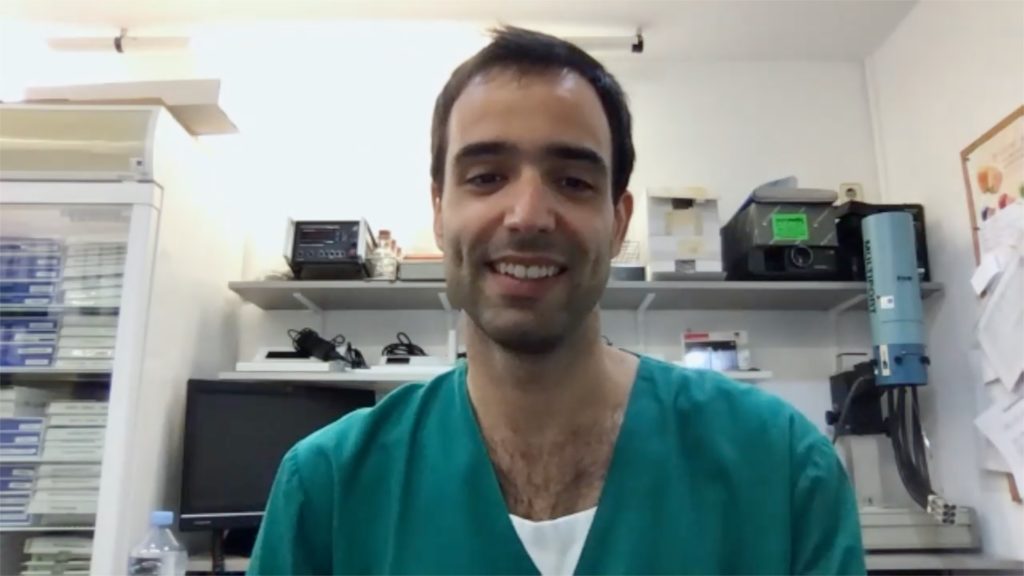
It was an absolute pleasure to speak with Dr David Pesqué (Universitat Autònoma de Barcelona, Barcelona, Spain) about his study investigating the skin reactions seen in response to mRNA COVID-19 vaccines. His presentation entitled ‘Clinical characterization of skin reactions due to mRNA COVID-19 vaccines at a tertiary-level hospital: a descriptive study’ was given at the EADV 30th Congress, 29 Sep- 2 Oct 2021. Questions What different types of skin reactions have been seen due to mRNA COVID-19 vaccines? (0:16) What is known about delayed cutaneous reactions? (1:20) What were the aims and protocol of your study? (2:41) What were the findings of the study? (3:54) Based on these findings, is there any reason to recommend alternative vaccines in certain patient groups? (5:25) Disclosures: Dr David Pesqué has nothing to disclose in relation to this video interview. Support: Interview and filming supported by Touch Medical Media. Interview conducted by Gina Furnival. Filmed in coverage of the EADV’s 30th Congress, 29 Sep – 2 Oct 2021. This content was developed by Touch Medical Media and is not affiliated with the European Academy of Dermatology & Venereology (EADV) or the congress.
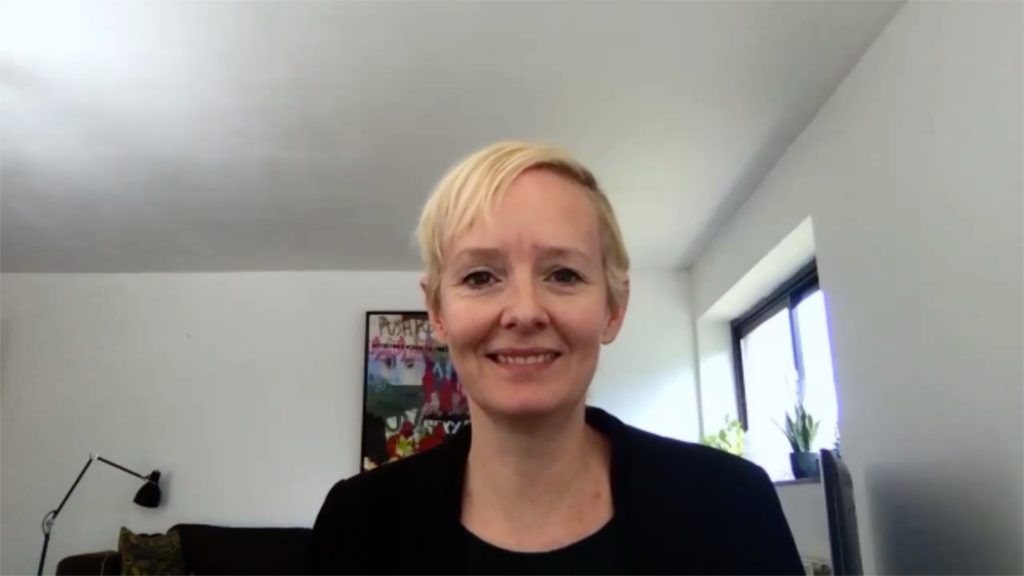
touchIMMUNOLOGY meets Dr Pia Kvistborg at the Virtual 2020 ESMO Congress to discuss the presentation of her late-breaking abstract ‘The ORF1ab of SARS-CoV-2 encodes an immunodominant epitope restricted by HLA-A*01:01’ (LBA73) and initial findings from her recent study. Questions How ...
Latest articles videos and clinical updates - straight to your inbox
Log into your Touch Account
Earn and track your CME credits on the go, save articles for later, and follow the latest congress coverage.
Register now for FREE Access
Register for free to hear about the latest expert-led education, peer-reviewed articles, conference highlights, and innovative CME activities.
Sign up with an Email
Or use a Social Account.
This Functionality is for
Members Only
Explore the latest in medical education and stay current in your field. Create a free account to track your learning.




